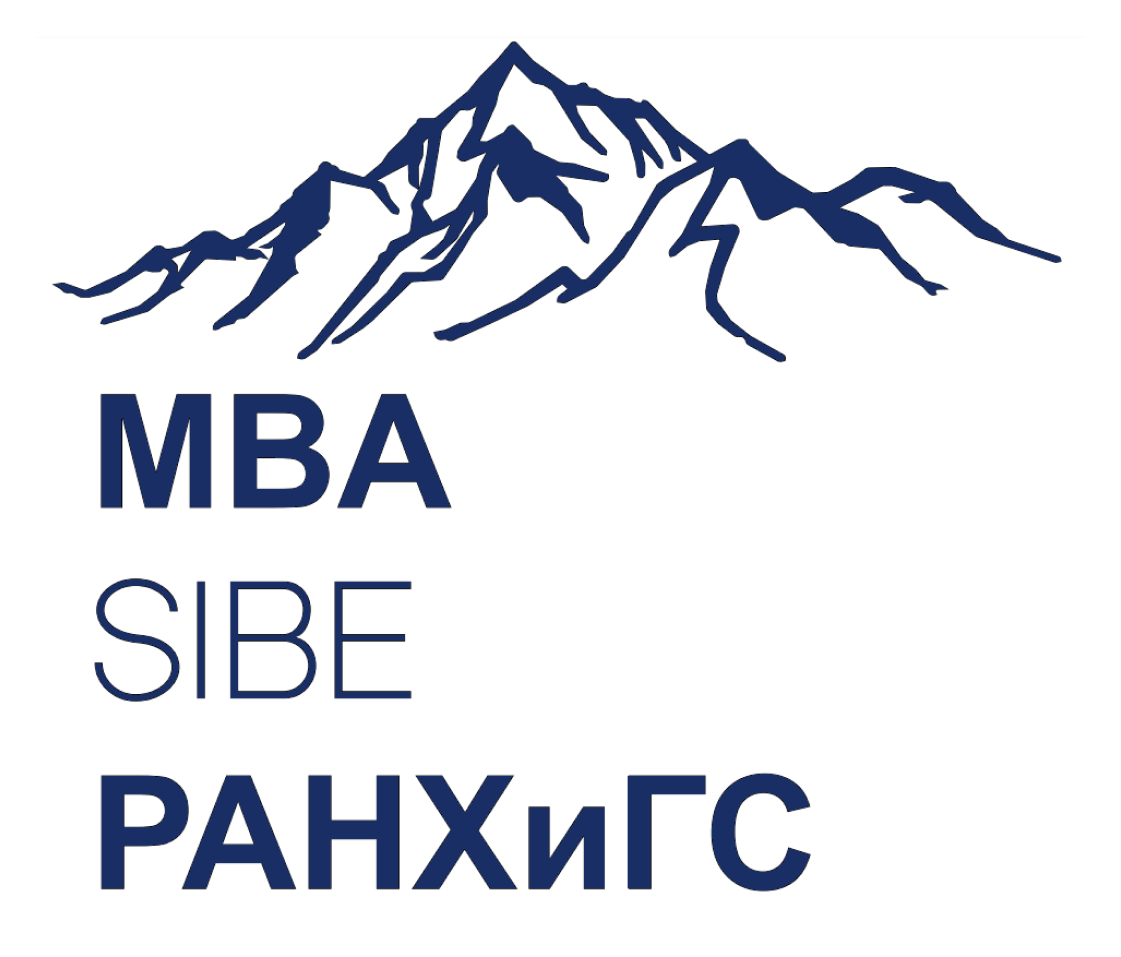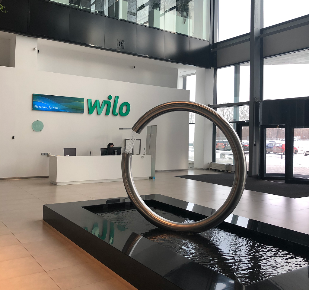Why do business schools practice company visits? As they say, it's better to see once than hear a hundred times. Especially when it comes to the organization of production processes.
As part of the course "Operational Management", students of the 1st year of study of the Russian-language program of the EMBA RANEPA/Kingston visited the Noginsk Industrial Park, as well as the plant of the German company WILO. The visit took place with the assistance of the Russian-German Chamber of Foreign Trade, with which the business school has long-standing partnerships.
Noginsk Industrial Park is the most successful private project in Russia in its segment. Olga Mironova, CEO of DEGA, notes that competition is constantly increasing, there are currently about 700 industrial parks in Russia, of which more than 100 are concentrated only in the Moscow region. "The life cycle of the company and the product is getting shorter," says Olga. DEGA is a Swiss company whose business model is to quickly bring the business to maximum performance with subsequent sale. "We believe that the project of industrial parks with large production areas and autonomous resources has ceased to be relevant." Now such a solution is proposed by the Government of the Moscow Region and other regional authorities. The competitive advantage is being erased, and DEGA is working on adapting its business model to industrial parks of the "small box project" type.
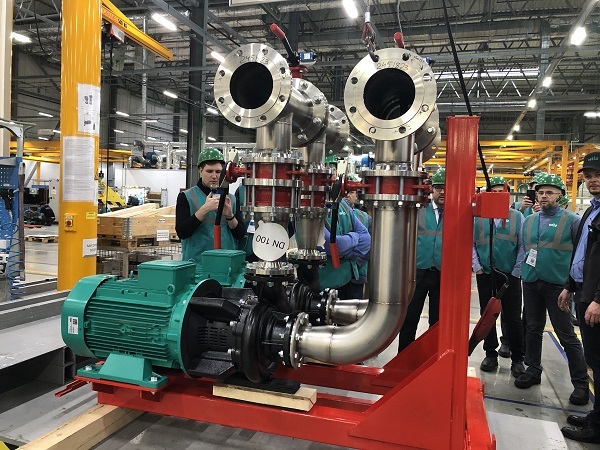
The WILO Rus plant was opened in the Dega Noginsk Industrial Park 3 years ago at the company's own expense, without attracting loans. WILO is a German company whose production facilities are dispersed around the world, while certain specialization and localization are observed. Thus, the most high-tech compressor parts are manufactured at a factory in France. It is preparing to launch the Smart Factory in Dortmund, which is designed to become a flagship platform for the introduction of the most modern technologies in the concept of "Industry 4.0". In addition, the company's strategy provides for building up competencies and ensuring access to those segments where its products are not represented by acquiring other companies, as was the case with the purchase of the Korean LG division.
WILO sales in Russia are growing by an average of 7-10 percent per year, in 2018 sales growth was a record 26 percent. One of the reasons for the explosive growth of the company considers participation in the government program of special contracts for foreign manufacturing companies. According to WILO Rus, the program has not yet yielded direct results, but rather worked as a marketing and PR tool that attracted huge attention to the company from unreached client groups.

The plant in the industrial park of Noginsk has collected everything that is potentially interesting for consumers in Russia. The product line is quite diversified and, in fact, is assembled from 5 business units. "As a result, we are dealing with low serial production, which means that the search for reliable local suppliers is becoming a huge role," says Pavel Filippenkov, Production Director of WILO Rus. And he adds: "it is very difficult to work in Russian production using German technology. The German philosophy is distributed production, although, knowing the local specifics, I would definitely create a vertically integrated company in Russia." As a result, WILO Rus has a large number of local suppliers who are carefully and patiently selected. As a rule, these are small companies that are covered by the WILO Rus production system in terms of the strictest control over the quality of products. "We were looking for suppliers all over the country from the Urals to Belarus. Do not believe that there are no engines in Russia, everything is there, but it costs a lot of effort to raise the old production from the ruins," says Pavel.
An incredibly useful and holistic visit, not only due to the coherence of the organization, but also due to a very frank and interested dialogue on the part of the host party.
Faculty of International MBA Programs (Kingston/RANEPA) thanks Vladimir Nikitenko (Russian-German Chamber of Foreign Trade), Svetlana Bechtold (Russian-German Chamber of Foreign Trade), Olga Mironova (DEGA), Pavel Filippenkov(WILO Rus) and Natalia Lebedeva (WILO Rus) for the opportunity to learn first-hand how German business is being built in Russia.
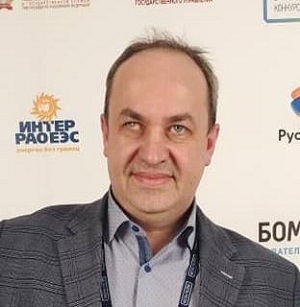
Dmitry Shelepnev, Deputy Head of the Technical Department of Gazprom Transgaz Nizhny Novgorod LLC, 1st year student of the RANEPA/Kingston EMBA program
"One of the most remarkable features of the RANEPA/Kingston Executive MBA program is the opportunity to reinforce theoretical training with invaluable practical experience, real stories, cases that occur at existing enterprises. Such a very practical and important element of the course "Operational Management" for me was a visit to the industrial technopark Noginsk and its resident - the WILO plant.
It was a great opportunity to get acquainted with the real experience of an industrial company in the conditions of the Russian economy and to see with your own eyes the organization of production processes within the framework of your own fork of the TPS: Wilo Production System (WPS) and the work of the basic principles of the Lean Production concept.
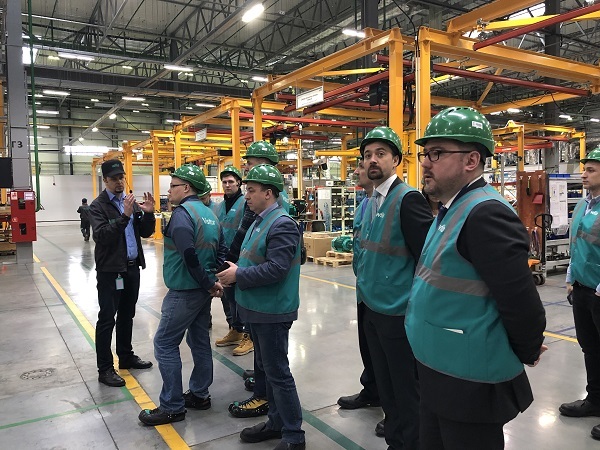
In addition to the most useful and significant for us tour of the production sites of the WILO plant, organized by the Director of Production of LLC "Vilo RUS" Pavel Filippenkov, we learned:
- about the history of the creation of the industrial Technopark Noginsk, about the existing technical, organizational and legal issues in the work of such parks;
- about the organization of Wilo Rus, including:
- Wilo's experience in building a production system;
- organization of the logistics system;
- work experience for compliance with the state policy of import substitution;
- innovative activity at the factory.
photo gallery


